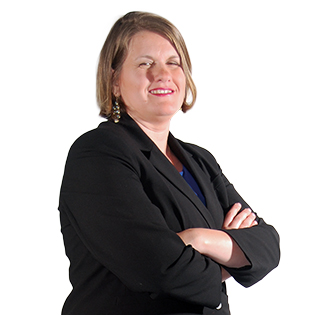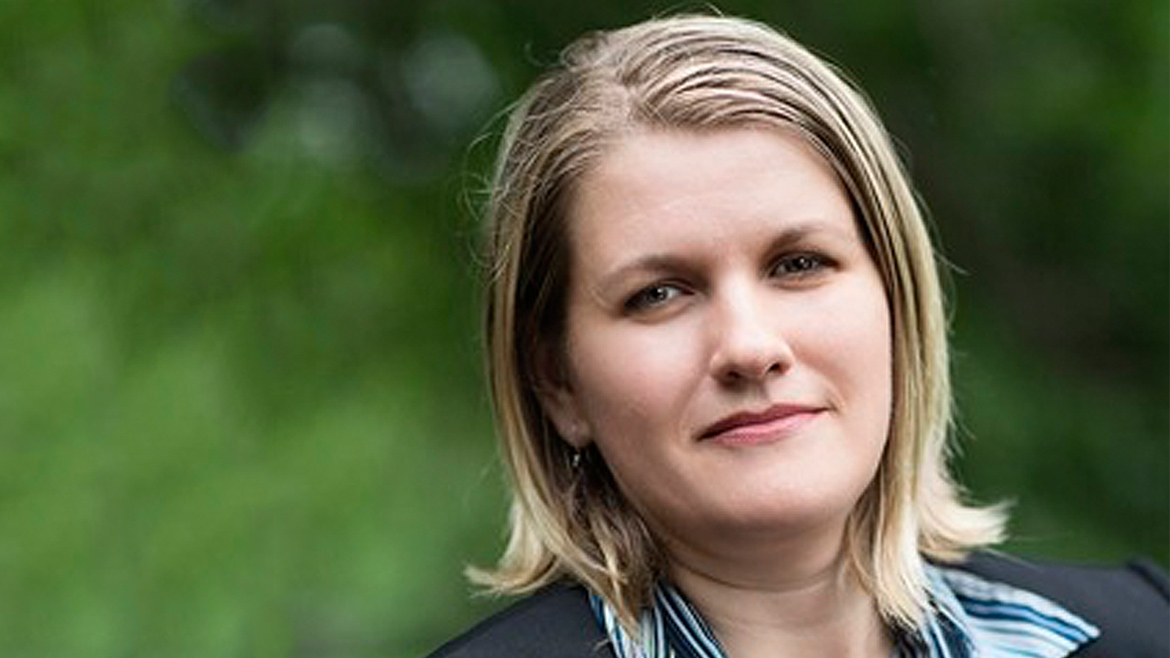Miha Britt, Britt Immigration Law
by COMO Staff
June 30, 2016


- How did you come to be in the immigration law industry? I came to the United States as an international student from Romania. When I arrived at MU, I received a very warm welcome. A lot of people helped me settling in, and I always wanted to pay it forward. After finishing my degree, I started working in the International Center at MU, first advising international students and then, later on, faculty and staff. As I was filing both non-immigrant and immigrant petitions on behalf of the university, it was just natural to attend law school. I graduated in 2013 and started my practice part-time in March 2014. I finally went full-time in my practice in August 2015. I am now able to give back and help on a bigger scale, not just for MU students, faculty, and staff, but nationwide.
- Generally speaking, what problems do you help solve? I work with international students, faculty, and staff, advising on their immigration status and pathways to permanent residency. I also work with businesses in hiring international staff. My third area is family immigration, where I help relatives of U.S. citizens and permanent residents obtain immigration status in the U.S.
- What makes Boone County attractive (or unattractive) to potential immigrants? There are quite a few immigrants in Boone County because of the colleges in Columbia and the surrounding area. The quality of the colleges makes this area attractive. The cost of living is also a lot lower than on the coast.
- What’s the most challenging part of running your business? The most rewarding? The most rewarding is helping people by solving their immigration issues. When you run your own business, you are not just an attorney — you are the accountant, marketing, and HR director. I am learning really quickly to delegate and let the professionals handle as much of my non-legal issues as possible.
- What are some of the biggest misconceptions people have about the process of immigration? Immigration is a hot topic right now. When people say or hear “immigration,” I feel that they immediately think about people who are here unlawfully and about the political rhetoric from presidential candidates. There is so much more to immigration than people who are here without status. Employers can hire people who are not permanent residents or U.S. citizens and provide them a path to permanent residency. Also, family-based immigration — providing a pathway to permanent residency for relatives of U.S. citizens and permanent residents — is another area of immigration that is used by hundreds of thousands of people.
- Would you say that your job has gotten harder or easier since you started? Why? In today’s information-driven world, you have to stay on top of the most up-to-date developments. Even though I have been in the field of higher education for over ten years, practicing immigration law has brought a new set of challenges, and it is a continuous learning experience.
- Being an immigrant yourself, what did you find most challenging about immigration? When I started working in the International Center at MU, I learned quickly that I have to be careful not to let my own experience influence my decision. Immigration law is complex, and every case is different. You have to be analytical and objective in every situation.
- There are lots of opinions on immigration reform — what do you think should be changed? I would love to see some of the rules related to business immigration changed. The Institute of International Education reports that there are almost 975,000 international students currently in the country. U.S. colleges educate them, and, at graduation, there are only 85,000 visa numbers available for positions requiring at least a bachelor’s degree in private industry. Every spring, there is a lottery — this year, the government received 236,000 requests and only had 85,000 visas available. I believe we are starting to see a reverse brain drain, where all these smart, educated people will leave and go to Europe and other continents and apply what they learned here. This is obviously an issue dear to my heart. I understand the constraints in protecting the labor force, but the U.S. is a nation of immigrants, and there must be a better way to keep the best and brightest here.
- This university town draws a lot of international students. What’s your involvement with those students? While I was working for MU, I was still very involved, starting with international student orientation and other events. Currently, I am a resource for MU and MU’s International Center. I am also very involved with the National Association for Foreign Student Advisors. We have a group in Columbia called MAIN that meets at Columbia College and serves as a discussion group for international student advisors at colleges in the surrounding area, reaching as far as Kirksville. I get calls on a regular basis from advisors and students with questions.
- What were your first impressions of Columbia? Have they changed? I love Columbia. This is the first place I came in the U.S., and my life is here. It’s a great place to have a family and raise kids. I made lifetime friends here. Columbia has grown a lot, but people are still the same — welcoming and friendly.
- What’s your next big professional goal? My goal is to grow my immigration practice. Many of the employers and universities in Columbia currently use attorneys in St. Louis and Kansas City. I believe I can bring to the table knowledge, great customer service, and experience.
BONUS: What is a little known fact about you? I love martial arts! I used to practice shotokan in Romania and taekwondo here. I was the MU advisor for the taekwondo group at MU for a couple of years.


